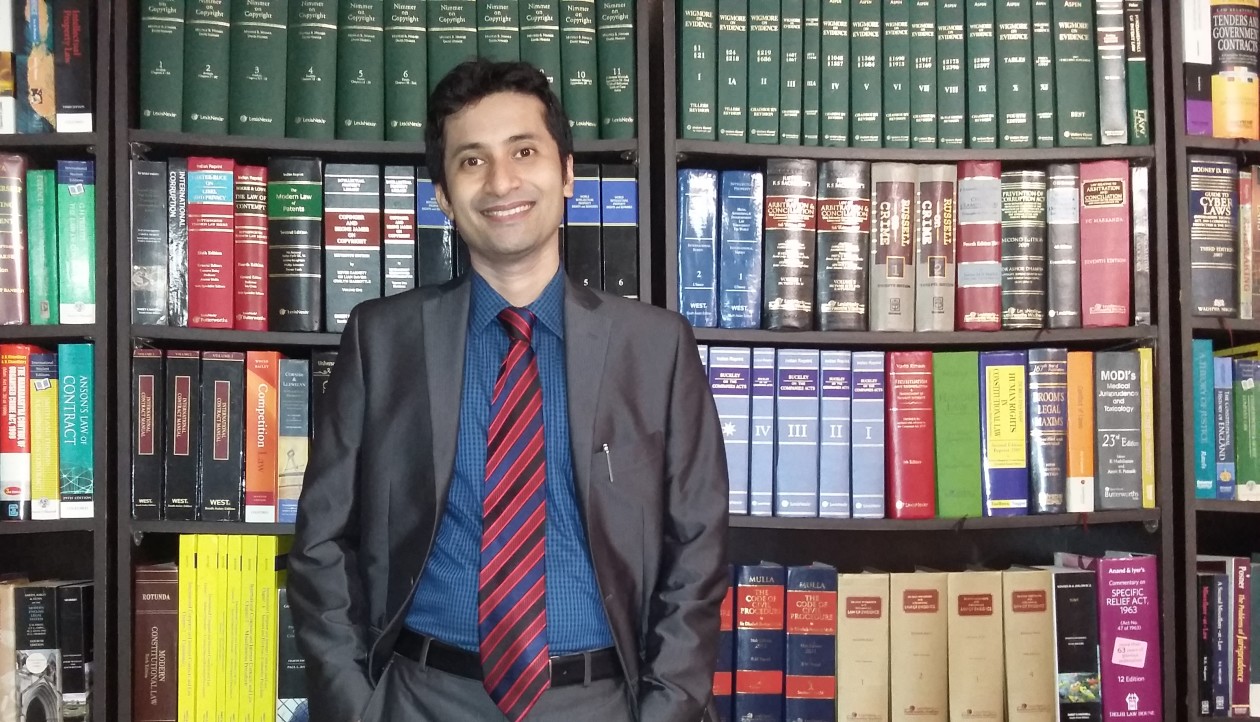And came down to Capernaum, a city of Galilee,
and taught them on the sabbath days.
And they were astonished at his doctrine:
for his word was with power.
And in the synagogue there was a man,
which had a spirit of an unclean devil,
and cried out with a loud voice,
Saying, Let us alone;
what have we to do with thee, thou Jesus of Nazareth?
art thou come to destroy us?
I know thee who thou art; the Holy One of God.
And Jesus rebuked him, saying,
Hold thy peace, and come out of him.
And when the devil had thrown him in the midst,
he came out of him, and hurt him not.
And they were all amazed, and spake among themselves,
saying, What a word is this! for with authority
and power he commandeth the unclean spirits, and they come out.
And the fame of him went out
into every place of the country round about.
Luke 4: 31-37 (King James Version)
The gradual decay in the Catholic Church’s values continued unabatedly, finally culminating in the ‘Reformation’. John Wycliffe was such an early proponent. But it was Martin Luther (1483-1546), an intellectual monk of the Order of Augustinian Hermits, who is known as the Father of the Protestant Reformation. He was much pained to see the corruption of the Western Church. He preferred the Augustine’s theology. But differences with the Western Church and specially on the ‘indulgences issue’ finally led to his dissociation with the Church. His famous and provocative ‘Ninety-Five Theses’ challenged the Western Church which led to the Church excommunicating him by promulgating a papal bull. Another major reformer was John Calvin (1509-1564), a French theologian who started a system of Christian theology known as Calvinism. The Lutherans and the Calvinists thus brought about the much needed Reformation.
All of this also resulted in the Catholic Church gradually introducing various changes and ushering reforms. Council of Trent, the most important ecumenical council, was convoked by Pope Paul III in 1545. Various decrees were passed. The Council issued condemnations of ‘heresies committed by Protestantism’ and also statements and clarifications of the Church’s doctrine and teachings were issued. The Church’s liturgy and practices were also discussed in great detail.
A more interesting event transpired in England. King Henry VIII was not able to procure an annulment of his marriage with Catherine of Aragon. His plans of marrying Anne Boleyn was thus getting delayed. The Pope was not granting him divorce primarily because Catherine of Aragon was the aunt of the Holy Roman Empire. Out of frustration, the king founded the Anglican Church. The Archbishop of Canterburry then declared the first marriage annulled. Thomas Cranmer, the Archbishop of Canterburry, through his ‘Book of Common Prayer’ introduced Protestant form of worship in the ‘Catholic Church in England’. But Queen Mary I, a Roman Catholic, executed him. Later Queen Elizabeth I (1533-1603) restored the Anglican Church and made it a Protestant establishment.
Europe was in the midst of various battles between the warring kingdoms. These were as much religious as political. French wars of succession, German wars as well as the Thirty Years War (17th Century) were fought with religious overtures too. But subsequently with the gradual advancement and development of natural and physical sciences, the Church started losing much of its significance. But Darwinism changed everything in the Nineteenth Century. The ‘Origin of Species’ published in 1859 and the ‘Descent of Man’ in 1871 completely shook the roots of Christianity. Darwin’s convincing ‘Theory of Natural Selection’ completely bypassed God in the evolution of Human race. Scholars like Karl Marx (1818-83) and Friedrich Nietzsche (1844-1900) also contributed immensely to anti-God proposition.
Surprisingly, revival of this faith came in the form of a movement known as ‘Evangelicalism’. It’s a kind of piety with no specific denomination. Last Century’s ‘Pentecostalism’ has also hugely added to the growing number of Christian believers. The long dissociation between Western Church and the Eastern Orthodox which had continued from excommunication of 1054 was partially revoked in 1964 when Pope Paul VI met Athenagoras I, the Ecumenical Patriarch of Constantinople. Though communion could not be reestablished, at least the excommunication of 1054 was rescinded. Yesterday’s historic meeting of the Russian patriarch (an important part of Orthodoxy) and Pope and their joint plea for persecuted Christians has led to a renewed chance of communion.
